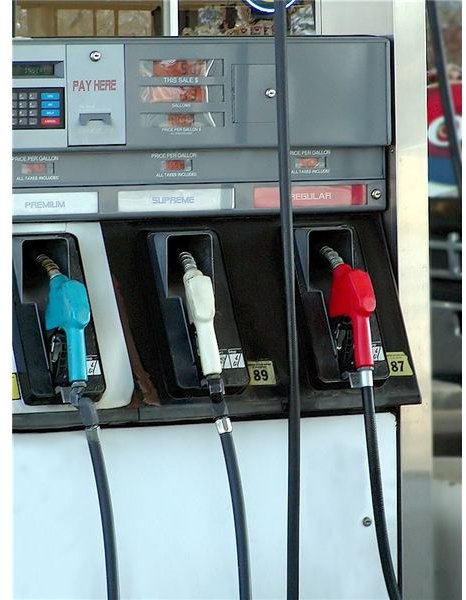Tips to Save Fuel and Money by Increasing Gas Mileage
While gas prices fluctuate throughout the year, the overall trend has been an increase in prices. Many factors affect how much you pay to fill up your vehicle, some of which you can control and some of which you cannot. However, one thing you can do to save fuel is to change your driving habits. By implementing a few of the following tips, you will get better gas mileage and save money.
Turn off the Ignition
While switching your vehicle on and off constantly is not advisable, there are some times when doing so will help to save fuel. Any time that you expect to be idle for more than three to four minutes, such as when waiting for a friend or a train, switch off the ignition. Even switching off the vehicle for this small amount of time is useful since it may occur multiple times per day. Other times to consider turning off the motor are when waiting in line at fast food restaurants or outside bank tellers.
Drive at the Proper Speed
Driving at a steady, constant speed uses less gasoline than constantly speeding up and slowing down. If you are on a highway or rural road, setting the cruise control will help you get better gas mileage by maintaining the speed you set it to. According to Bankrate.com, driving at 55 MPH instead of 65 MPH uses 2 gallons less per mile driven. It’s not a coincidence that may federal speed limits were originally set to 55.
Don’t Overuse the Brakes
Overusing the brakes is typically a result of not driving at a proper speed. However, be aware that every time you step on the brakes the car uses extra fuel to speed back up. If you constantly speed up to the car in front of you and then have to brake, not only do you not get to your location faster, but it costs you more to do so because you use more fuel.
Don’t Warm up Vehicles on Cold Mornings
Modern cars do not require a warming up period like older models did. In fact, it takes only 30 to 60 seconds for your car to come to the proper operating temperatures. While you may like warming up your vehicle because the heater makes the cabin temperature warmer, you are wasting fuel by doing so. Instead, put on a coat and gloves, and wait for your vehicle to warm up naturally as you drive it, which occurs faster once it starts moving.
Roll up the Windows During Warm Temperatures
While having the wind blowing in your hair may feel nice, you won’t be happy with the higher fuel costs it causes. When windows are rolled down, it increases the aerodynamic drag, which causes more fuel to be used. In fact, fuel consumption may be increased up to 10 to 20 percent on highways when windows are rolled down.
Keep Tires Properly Inflated
Properly inflated tires are not just a safety issue. They also cause the vehicle to use fuel more efficiently. Read your owner’s manual to determine the proper pressure for your tires, which is indicated by a PSI rating. This information is also located on a sticker on the inside door jamb of the vehicle. If needed, add air to each of the tires so they are all balanced. Tires that have unequal air pressure cause extra drag and reduce fuel economy.
Keep the Air Filter Clean
A vehicle’s air filter removes outside contaminates before the heating or cooling system pumps air into the cabin. It works in the same way as your home heating and cooling system, and just like a dirty filter causes your home system to work harder, a dirty car air filter does the same. A dirty air filter can increase fuel consumption by 10 to 15 percent. Make sure to check the filter each time you change your oil and change it as recommended by the manufacturer.
Lighten Up to Save Fuel
The heavier your car or truck is, the more fuel it uses. So don’t use your vehicle as a storage unit. Remove all unnecessary items from the trunk and back seat. In addition, if you have a roof storage unit, remove it when it is not in use. Likewise, if you are an athlete, don’t carry bicycles or kayaks on the vehicle when you are not using them.
Being more conscious of your driving habits will not only help to save on fuel, but reduces the wear and tear on your vehicle. While the total cost may only be a few dollars a week, when you add up the cost of the saved fuel over an entire year or the life of the vehicle, you will have quite a chunk of change to use for other expenses.
Image Credit
Sxc.hu/ Gasoline Pump, Pam Roth
